Official: 80% of gas stations return to service in Iran after cyberattack
More than 80 percent of Iran's gas stations have returned to service, a spokesperson for the National Iranian Oil Products Distribution Company says, after a massive cyberattack disrupted the sale of subsidized gasoline.
"The number of stations connected to the smart fueling system has been increasing … and we hope the system will be fully operational by the end of today," Fatemeh Kahi said.
The attack on Tuesday disrupted the sale of heavily subsidized gasoline in Iran, causing long queues at gas stations across the country.
Secretary of Iran's Supreme Council of Cyberspace said the massive cyberattack on refueling systems in Tehran and other cities has been contained and all gas stations are returning to normal.
"The disruption in the systems of 4,300 gas stations in the country was caused by a widespread cyberattack that has now been contained and we hope that all fuel stations will return to normal by tomorrow," Abolhasan Firouzabadi told national broadcaster IRIB late Tuesday.
Officials at the ministry of petroleum said the cyberattack disrupted only sales with smart cards used for cheaper rationed gasoline, and clients could still buy fuel at higher rates. However, the scale of the aggression suggested it was not the work of an individual or a small group.
"The attacks were so widespread that all 4,300 gas stations in the country were disrupted," Firouzabadi said.
In the past, the United States and Israel have been implicated beyond doubt in a series of cyber terrorism against the Islamic Republic.
The two regimes are widely believed to have developed Stuxnet discovered in 2010 after it was used to attack a uranium enrichment facility in Iran in the first publicly known example of cyber terrorism by using a computer virus to attack industrial machinery.
Firouzabadi said the results of an investigation into the origin of the attack on Iran's refueling systems will be announced in the next 7-10 days.
"It is possible that this attack, like the cyberattack on the railway systems of the Islamic Republic of Iran, was carried out from abroad," he said.
"Although this cyberattack has been contained now, it has caused a lot of problems and we hope that all fuel stations will return to normal tomorrow."
Firouzabadi said similar attacks had been carried out three or four times in the past, but since the timing was in the early morning hours, the disruption had been fixed before the start of the day.
"But this time, the disruption in the fuel distribution system occurred in the noon, which created problems," he added.
Firouzabadi said fuel sales with smart cards are specific to Iran, which requires officials in the banking, communications, refueling and transportation sectors to pay special attention to the security of the systems.
Cheap gasoline is considered a birthright by many Iranians in a country which is home to the world’s fourth-largest crude oil reserves, with the government providing subsidized petrol to motorists.
Subsidies allow Iranians to buy regular gasoline at 15,000 rials per liter or 5 cents a liter. Each motorist with a smart card is provided a monthly ration of 60 liters. For non-subsidized gasoline, they have to pay 30,000 rials a liter or 10 cents a liter. By comparison, regular gasoline costs 89 cents a liter on average in the United States.
VIDEO | Press TV's news headlines
China warns of 'measures' following CIA’s Chinese-language recruitment drive
Official warns of ‘strong, decisive’ response to any adventurism against Iran
Palestine Action wins landmark legal victory against UK crackdown
VIDEO | World-class eye hospital in Iran’s Zahedan draws medical tourists
VIDEO | India voter roll revision sparks fear of voting disenfranchisement in India
VIDEO | South Africa voices support for Cuba amid US sanctions, threats
VIDEO | EU approves 90 billion euros more for Ukraine amid growing economic backlash


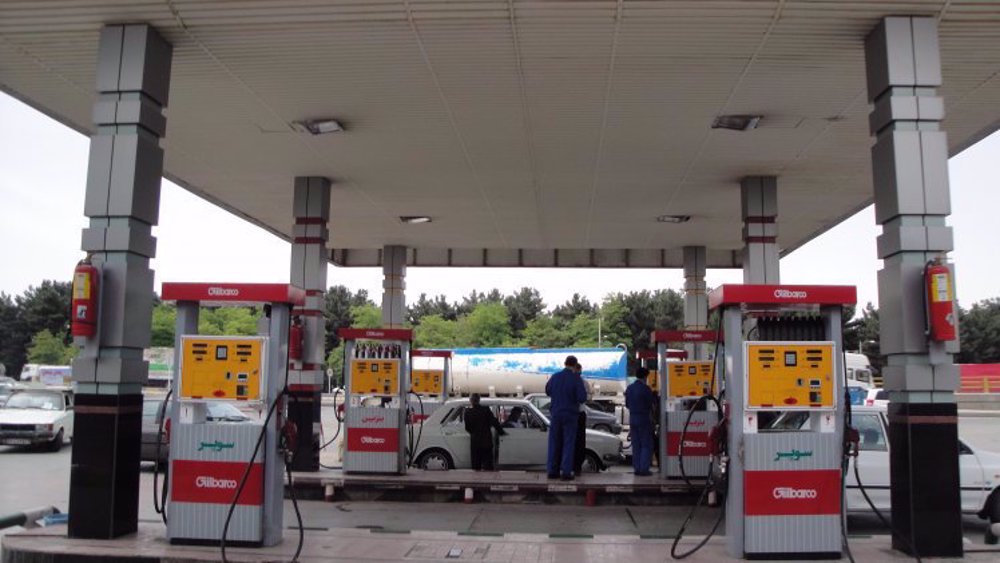
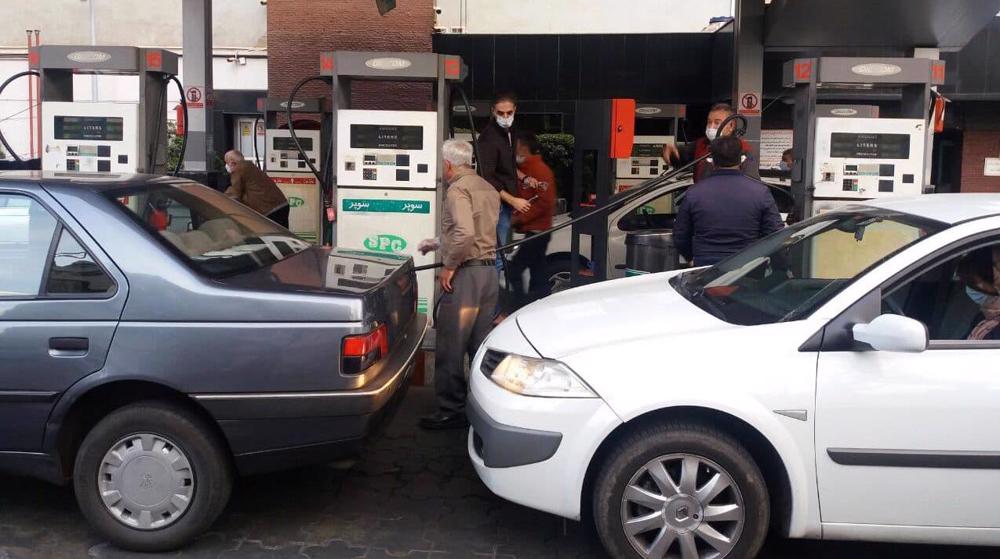
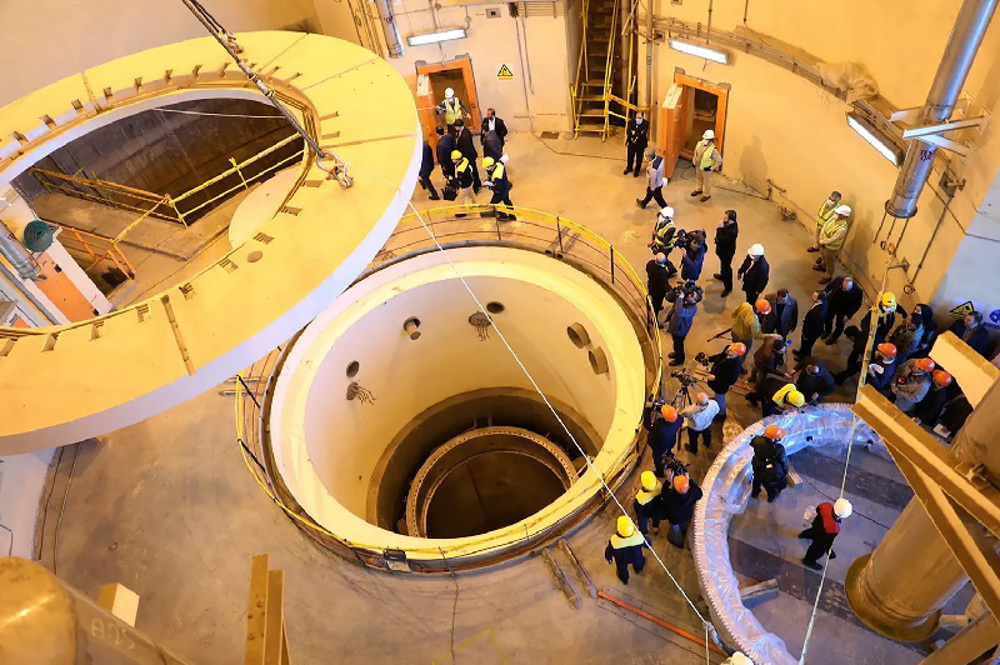
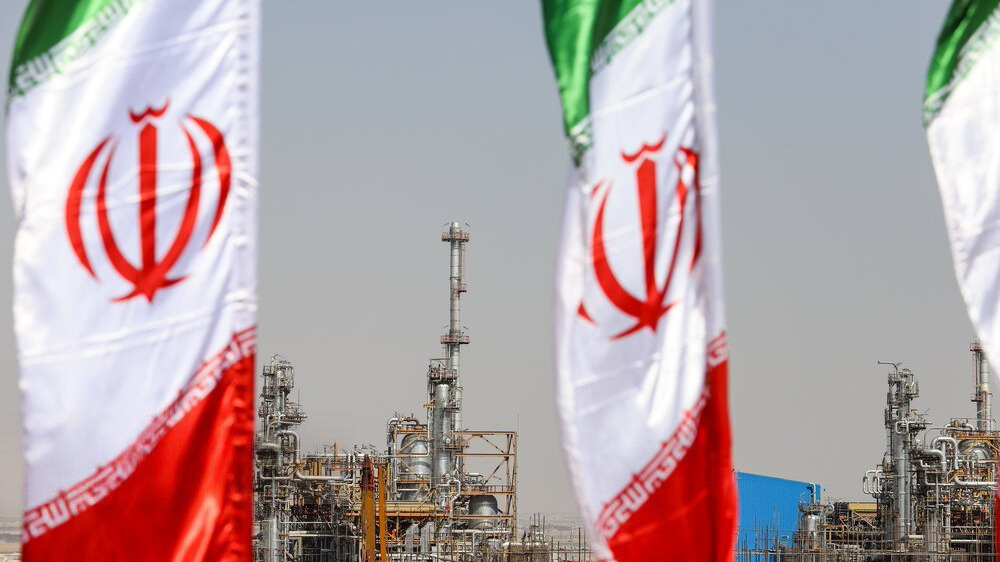
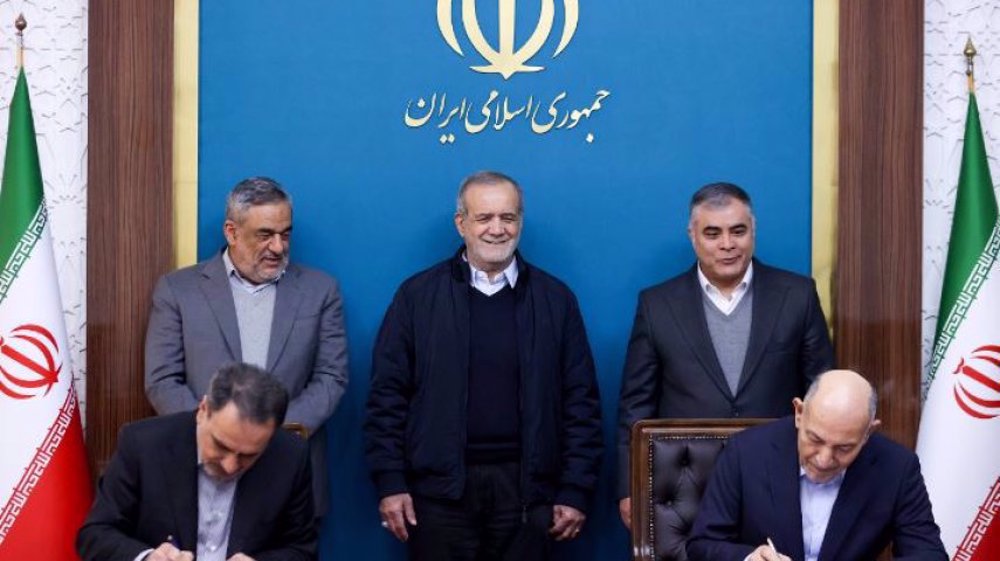




 This makes it easy to access the Press TV website
This makes it easy to access the Press TV website